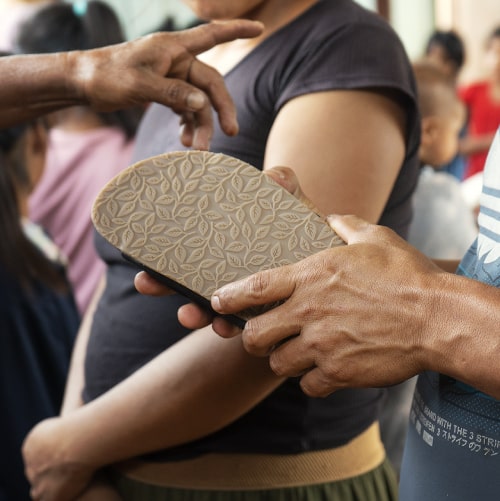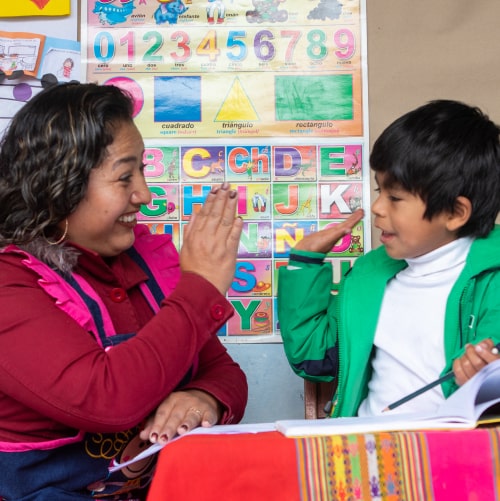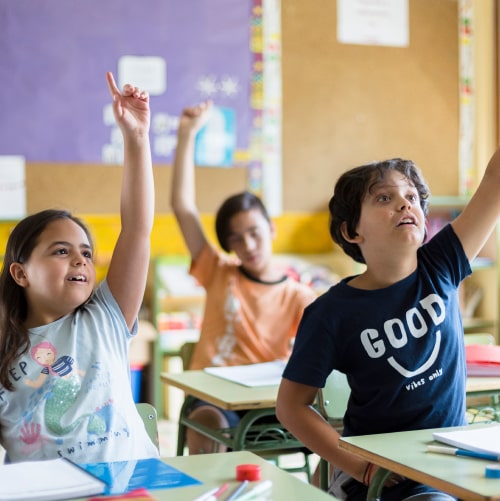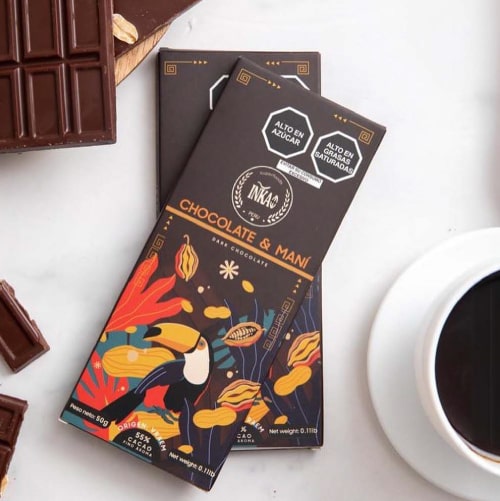For the first time, an emblematic cultural research and management program is integrated into the Educational Quality program of a non-profit organization, to the benefit of the community of a Peruvian archaeological site’s zone of influence.
After the recent closing ceremony for the project “Better School Atmosphere, Better Learning” in Pachacamac, the organization transferred its support to 14 schools in the northern part of the country.
Tuesday, February 22, was the inauguration of “School and Identity, learning and living together in the region”, a new project under the Educational Quality program of the Wiese Foundation. The event took place at the El Brujo Archaeological Complex, in the province of Ascope, in La Libertad.
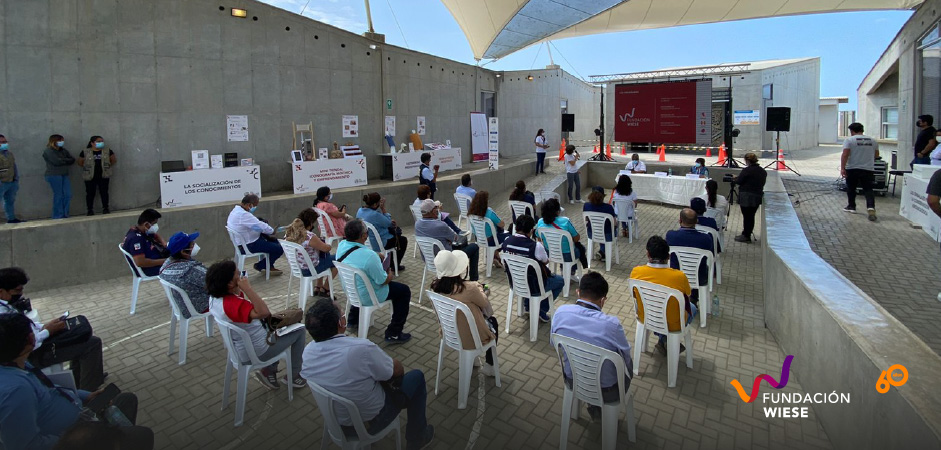
The event, which was attended by representatives of MINEDU, administrators from the participating schools, pedagogical specialists, and the Wiese Foundation team, marked the beginning of this new project’s activities. “School and Identity” seeks to promote positive interpersonal relationships, based on respect, equity, and trust, among all the members of the educational community of the schools located in the El Brujo Archeological Complex’s zone of influence.
In its first stage, “School and Identity” will be implemented in 14 focus schools in 10 urban centers in 6 districts of the province of Ascope, where almost 4,000 students will benefit, through their 240 teachers in kindergarten, grade school, and high school, as well as 18 administrators, for a period of 3 years.
“This project has the objective of improving the experience in schools in the El Brujo Archaeological Complex’s zone of influence, using this space as the inexhaustible and unique source of knowledge that it is, and taking that potential for meaningful learning experiences to the schools of the lower Chicama Valley. The administrators are key, and we are counting on them to concretize this vision successfully, to learn and build collaboratively what will be this first project of Educational Quality in Ascope, which begins at this super special moment, the return to in-person learning”, indicated Ingrid Claudet, general manager of the Wiese Foundation.
“We are all excited about what is going to happen. Starting now, a beautiful stage begins. We invite the teachers from Ugel de Ascope to participate in the project that we have developed to strengthen their pedagogical practices and so that the environment in their school’s solidifies as a positive atmosphere, where good coexistence reigns, with empathy and respect for others and where identity and valuing of the region’s cultural heritage are reaffirmed”, added Claudet.
Liliana Villanueva, director of the Educational Program of the Wiese Foundation, also expressed her happiness at the program’s inauguration and at the good attendance at the event.
“The fact that everyone has come here says a lot about what is going to happen during this period. They are going to take these processes to their schools, and we are going to be a sort of assistance to them. They are the main actors here, who will promote the improvement of the bonds in the school environment, classroom management, the development of identity, and the sense of belonging”, said Liliana Villanueva.
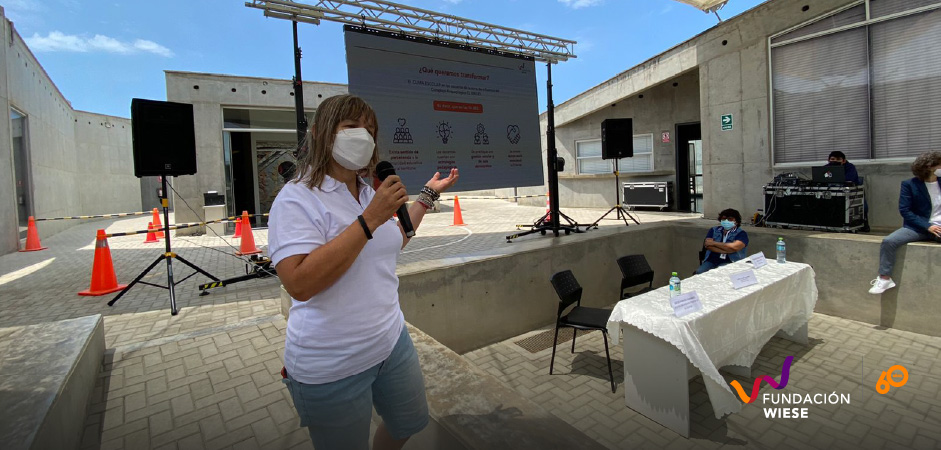
“These 3 years will be a challenge where we will transform the education of the students, so that they feel emotionally strengthened and also feel that they belong to this region and can thus commit themselves to their communities”, she said as well.
For Oster Paredes, regional manager of Education for La Libertad, this is a unique opportunity for learning in his region, “since education is articulated with identity”.
“To us, the Wiese Foundation is a fundamental ally, we are going to take advantage of this alliance to the maximum, and I am sure that we will continue working together to benefit education for all. Our children will receive added value, and we, as an institution, will multiply this experience to the other schools in the region”, indicated Paredes.
“Ugel School is happy that this project of Educational Quality is beginning, which will improve the institutional environment in the schools that have been selected and also produce better learning”, said Margarita Vásquez, head of Pedagogical Management at Ugel School in Ascope.
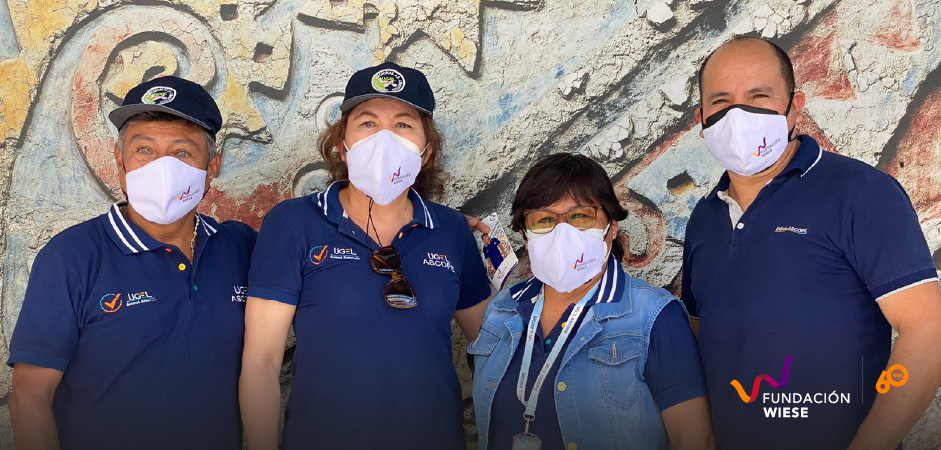
Rosa Ibáñez, subdirector of the primary level at Our Lady of Lourdes of Paiján School, Educational Institute (I.E.) 81023, was very grateful for the support of the Wiese Foundation in her area and reaffirmed her commitment to pass on her knowledge to her colleagues.
“This event has been motivational. As teachers we must know the importance of identity, and we should share this knowledge not only with our students, but also with our colleagues and administrators,” stated Ibáñez.
“Today, there has been enthusiasm since we began the workshop. I grew up here and I am proud to see how our culture continues to be a part of our lives through the latest discoveries that have been made and also through these programs where the children will have more of a connection to our history”, said Juan Carlos Quispe, designated director of I.E. 81522 in Chocope.
The Wiese Foundation hopes to increase appreciation for the historical and cultural richness of the region, to improve dialogue, coexistence, and inclusion; and also, to influence the performance of teachers and the learning level of students; as well as to generate positive interactions among the members of the school.
This is the first time that an educational project of the Wiese Foundation will take place in Ascope. In December of 2021, the closing ceremony of the “Better School Environment, Better Learning” project of the Educational Quality program was carried out in the district of Pachacamac, in the region of Lima. As on that occasion, the School and Identity project works principally with teachers, so that later on the results will be seen reflected, in a sustainable manner, through the quality of teaching to their students.
- The Educational Quality program seeks to significantly improve the institutional and classroom environment, and thus favor the development of better teaching and learning processes in all the curricular areas.
- The cultural research and management program of the El Brujo Archaeological Complex has united the Wiese Foundation and the Ministry of Culture, for over 32 years, through the recovery and socialization of the knowledge found at this incomparable cultural site.
- The Wiese Foundation is a non-profit institution that promotes (manages, leads, and articulates) educational, cultural, and innovative projects of high social impact, through strategic long-term alliances and a committed and competent team.




